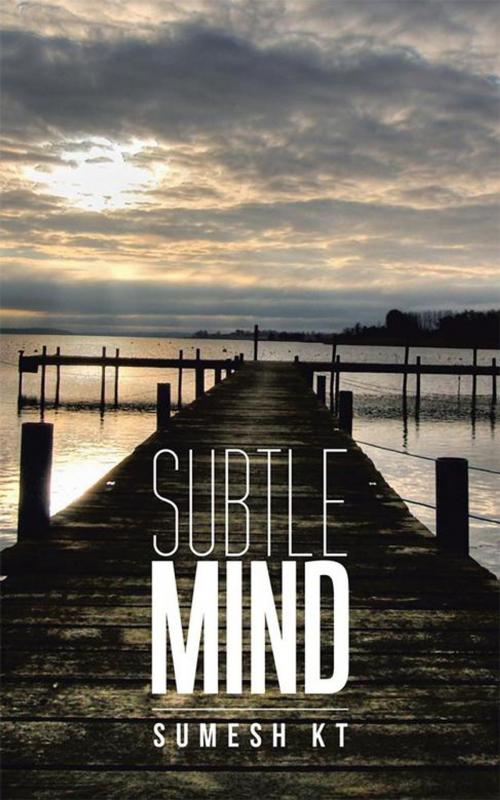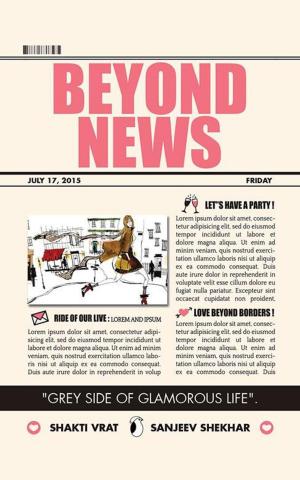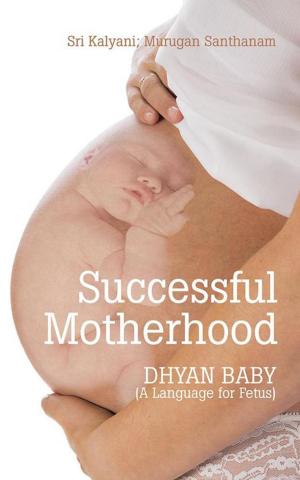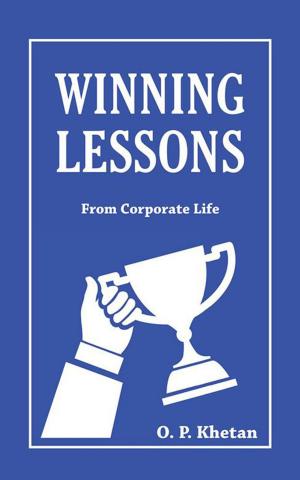| Author: | Sumesh KT | ISBN: | 9781482869095 |
| Publisher: | Partridge Publishing India | Publication: | February 2, 2016 |
| Imprint: | Partridge Publishing India | Language: | English |
| Author: | Sumesh KT |
| ISBN: | 9781482869095 |
| Publisher: | Partridge Publishing India |
| Publication: | February 2, 2016 |
| Imprint: | Partridge Publishing India |
| Language: | English |
Subtle mind is a poetry book written by Sumesh and consists of his twenty poems. These poems are speeches of his subtle mind. He is obliged to the Buddhist philosophy of definition of mind to arrive at the subtle mind. Mind is a formless continuum that functions to perceive and understand objects. Mind is not the brain or some other part or function of the body. It is not a physical object. It cannot be seen with the eyes, nor can it be photographed or repaired by surgery. The brain therefore is not the mind but simply part of the body. Because the mind is formless, or non-physical, by nature, it is not obstructed by physical objects. Thus, it is impossible for our body to go to the moon without travelling in a spaceship, but our mind can reach the moon in an instant just by thinking about it. Knowing and perceiving objects is the uncommon function of the mind. There are three levels of mind: gross, subtle, and very subtle. Gross minds include sense awarenesses such as eye awareness and ear awareness, and all strong delusions such as anger, jealousy, attachment, and strong self-grasping ignorance. These gross minds are related to gross inner winds and are relatively easy to recognize. When we fall asleep, our gross minds dissolve inwards and our subtle minds become manifest. Subtle minds are related to subtle inner winds and are more difficult to recognize than gross minds.. The very subtle mind is related to the very subtle inner wind and is extremely difficult to recognize. The continuum of the very subtle mind has no beginning and no end. It is this mind that goes from one life to the next, and, if it is completely purified by training in meditation, it is this mind that will eventually transform into the omniscient mind of a Buddha. It is fervently hoped that as readers pass through each poem, they will travel with the poet in his subtle mind by the tranquillity, solitude and smoothness of a deep sea and subsequently rests on the robust wooden bridge along the spiritual path.
Subtle mind is a poetry book written by Sumesh and consists of his twenty poems. These poems are speeches of his subtle mind. He is obliged to the Buddhist philosophy of definition of mind to arrive at the subtle mind. Mind is a formless continuum that functions to perceive and understand objects. Mind is not the brain or some other part or function of the body. It is not a physical object. It cannot be seen with the eyes, nor can it be photographed or repaired by surgery. The brain therefore is not the mind but simply part of the body. Because the mind is formless, or non-physical, by nature, it is not obstructed by physical objects. Thus, it is impossible for our body to go to the moon without travelling in a spaceship, but our mind can reach the moon in an instant just by thinking about it. Knowing and perceiving objects is the uncommon function of the mind. There are three levels of mind: gross, subtle, and very subtle. Gross minds include sense awarenesses such as eye awareness and ear awareness, and all strong delusions such as anger, jealousy, attachment, and strong self-grasping ignorance. These gross minds are related to gross inner winds and are relatively easy to recognize. When we fall asleep, our gross minds dissolve inwards and our subtle minds become manifest. Subtle minds are related to subtle inner winds and are more difficult to recognize than gross minds.. The very subtle mind is related to the very subtle inner wind and is extremely difficult to recognize. The continuum of the very subtle mind has no beginning and no end. It is this mind that goes from one life to the next, and, if it is completely purified by training in meditation, it is this mind that will eventually transform into the omniscient mind of a Buddha. It is fervently hoped that as readers pass through each poem, they will travel with the poet in his subtle mind by the tranquillity, solitude and smoothness of a deep sea and subsequently rests on the robust wooden bridge along the spiritual path.















